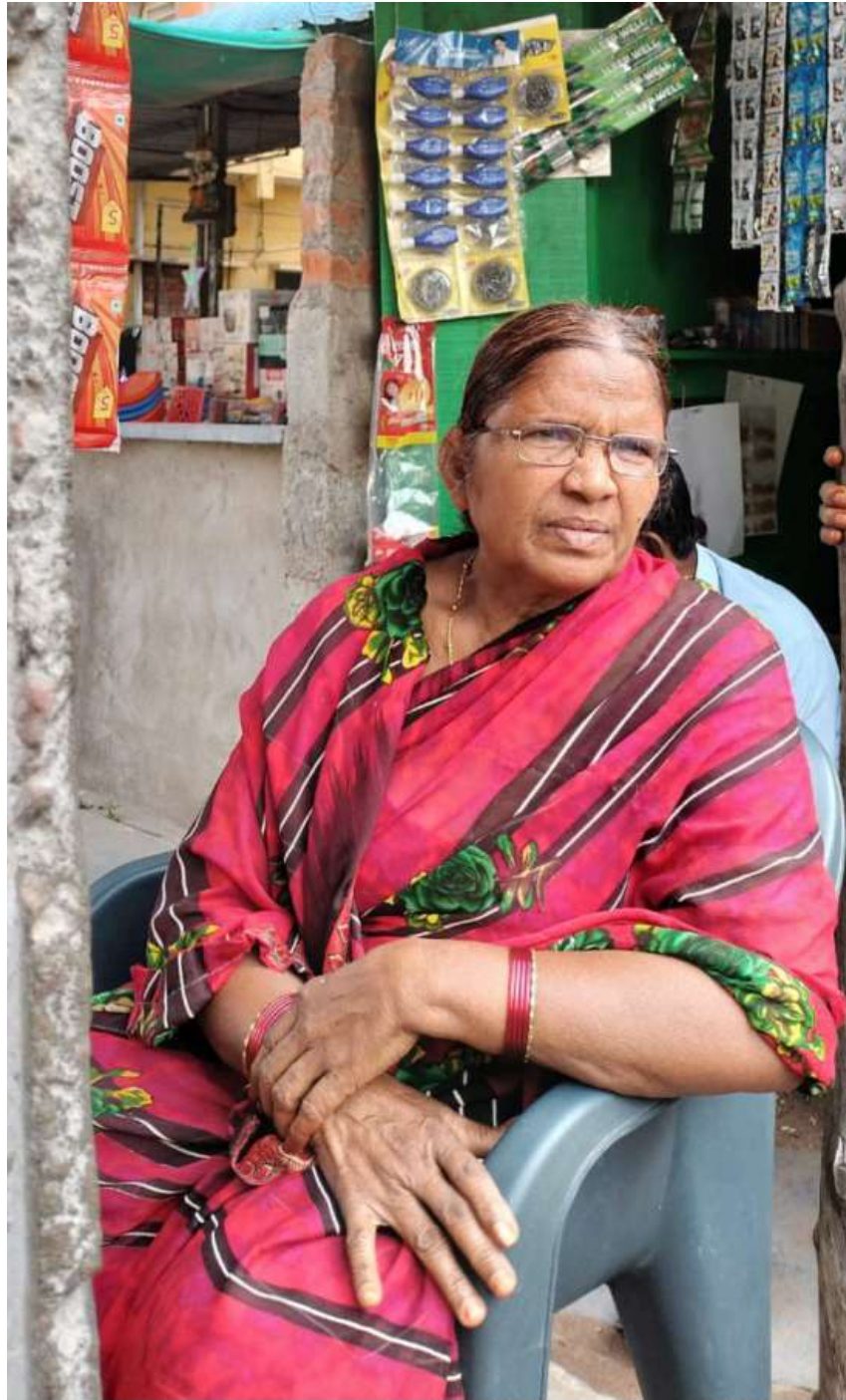Women from Backward communities get a shot at financial independence under the YSR Cheyutha scheme
By Roopa Kantamneni | January 10, 2024
Hussain Bi from Nandigama, a village in the Krishna district of Andhra Pradesh was able to realize her dream to set up a small kirana shop with the financial help from the state government three years ago.
Earlier, she used to work as an embroiderer in a tailor’s shop in her village. In 2020, the woman entrepreneur got Rs.18,750 under the YSR Cheyutha scheme.
The YSR Cheyutha scheme was launched on August 12, 2020 to benefit women aged between 45 and 60 years, belonging to the Scheduled Castes, Scheduled Tribes, Backward Castes, and other minority communities. Under the scheme, the eligible women receive Rs.18,750 a year for four years.

Graphic Credits: Roopa Kantamneni
The government allocated Rs. 4,235.9 crore during the financial year 2022‐ 2023 under the scheme for both rural and urban self‐help groups, according to the Gender Budget Statement 2022‐2023.
The successful distribution of funds under this scheme is a step towards completing India’s sustainable development goals (SDGs) for 2030. India ranks at 112th position out of 166 countries under the sustainable development goals. The YSR Cheyutha scheme tackles poverty, gender inequality, and unemployment of women in Andhra Pradesh.
To attain gender equality by 2030 India needs to allocate Rs.89 lakh crore, according to a report by Technology and Action for Rural Advancement August 2015. The current budget stands at Rs. 69 lakh crore.
The government’s financial help gave a new livelihood of rearing goats for 55‐year‐old Pitta Gowramma. Suddenly her alcoholic husband, a daily wage earner, fell ill so couldn’t contribute to meeting the family expenses. Tadigadapa village bought a goat with financial assistance in the first year. They had 4 goats until a month ago where she had to sell 2 of them to meet the healthcare cost of ailing husband. She plans to buy 2 more goats next year when she receives the money under this scheme.
The purpose of this scheme is to alleviate poverty and to uplift the economic status of the poor through this financial assistance, said S. Jayaram, municipal commissioner Nandigama. This amount would be beneficial in utilizing it for the construction of their houses in sanctioned plots by the government, he added.
The government of Andhra Pradesh has signed a Memorandum of Understanding with private companies to provide technical help, capacity‐building assistance and marketing support to the beneficiaries of the scheme. The government of Andhra Pradesh under the Society for Elimination of Rural Poverty and Mission for Elimination of Poverty in Municipal Areas have signed these MoUs with multinational companies such as Hindustan Unilever Limited (HUL), Indian Tobacco Company Ltd (ITC), Procter & Gamble (P&G), Reliance, Amul, Ajio Textiles, and NINe to promote livelihoods stated under the Gender Budget Statement of 2022 ‐ 2023.
The beneficiaries, however, can use the funds for any purpose as the government has not specified it. For instance, Naddi Lakshmi from Nandigama, who works as a househelp, is not interested in starting any venture of her own. She is a widow but does not want to depend on her children for financial support. She has been a beneficiary of this scheme for the past three years and uses the funds she receives to buy her medicines and groceries.
However, the reality in the villages are different according to government officials. Bantumilli Mahendra, the municipal commissioner of Pedana, was unaware of any Memorandum of Understanding (MoU) . There are no MoUs signed by the government for Pedana Municipality and there are no agreements made under this scheme, he said.
This scheme has been really useful for beneficiaries’ livelihood, setting up of businesses and improving their self‐sufficiency, said Payasam Venkateswara Rao, Municipal Commissioner, Vuyyuru. There are no private entities helping with this scheme to increase the women employment and helping women set up their individual business units, he said.

